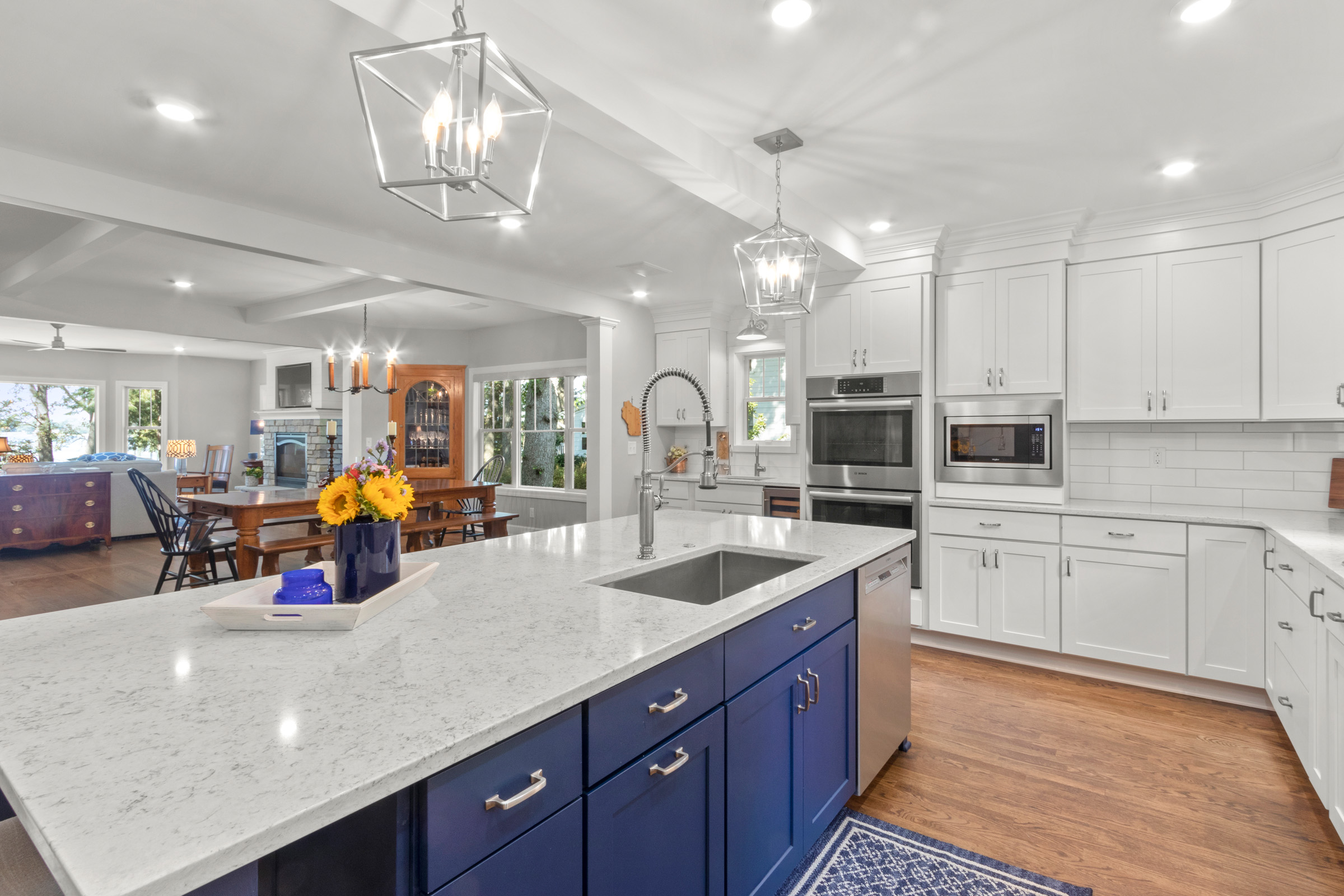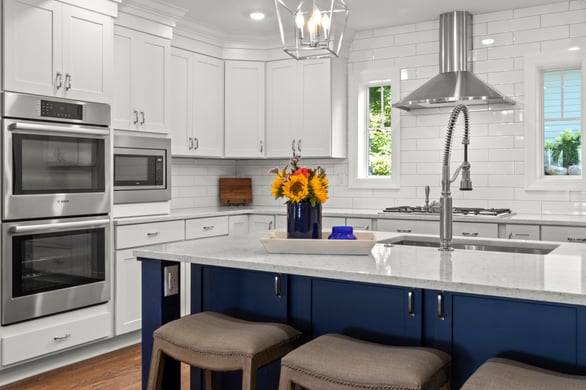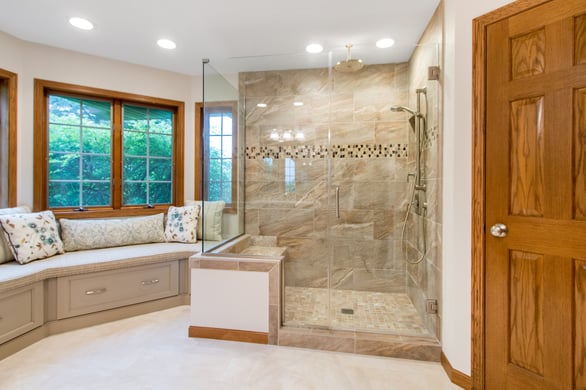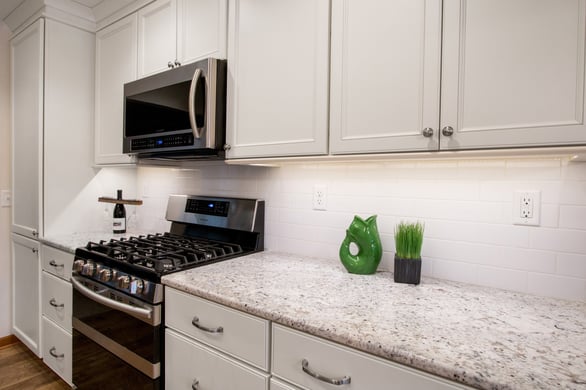7 Things to Do BEFORE Signing With A Contractor
Homeowners who’ve remodeled will tell you that working with an experienced, reputable contractor is the foundation for the entire project. The following can help guide you:
#1 Find Someone who Listens - Home remodeling experts say there is no substitute for communication. "The single most important factor in choosing a contractor is how well you and he communicate," says Tom Silva of "This Old House." At Stebnitz Builders, our proprietary procedural listening methodology enables us to ask specific, relevant questions of our clients and document their responses every step of the way. The end result is very happy clients.
#2 Ask Around - Talk with friends and family who have remodeled. Who did they use? What was their experience? Would they use the contractor again? Why or why not?
#3 Ask Questions - Once you’ve compiled a list of contractors you’d like to meet with, create a list of questions. How long have they been in business? Are they fully insured? Have they been in business under another name? What is the depth of their organization? Who would be assigned to your project?
#4 Investigate - Check with your state consumer protection agency, local courts, and Better Business Bureau to see if there has been a history of complaints with contractors you’re interested in. Does the contractor pay their bills on time to suppliers and workers?
#5 Beware of the Lowest Bid - Most home remodeling experts will advise homeowners to throw out low-ball bids. In most cases, this contractor is likely cutting corners. It’s better to pay more and get the job done right.
#6 Budget for the Unexpected - Remodeling often comes with unforeseen expenses. Until a wall is removed or opened up, you don’t know what’s behind it or under it. Maxing out your budget, without a cushion for the unknown, is a recipe for disaster. What if a hidden subfloor is found and is made of asbestos? What if your chosen tile is on backorder and your second choice is more money? Reputable builders will almost always suggest that at least 10 percent of the budget is reserved for the unknown, or even 25 percent for older homes.
#7 Get Everything in Writing - Once you’ve decided on a contractor, get everything in writing. How long will the project take? What areas will be worked on first? When are payments expected? The contract should detail every step of the project; provide proof of liability insurance and workers comp; list specific materials to be used; and provide lien releases from subcontractors and suppliers in the event the contractor doesn’t pay their bills.






